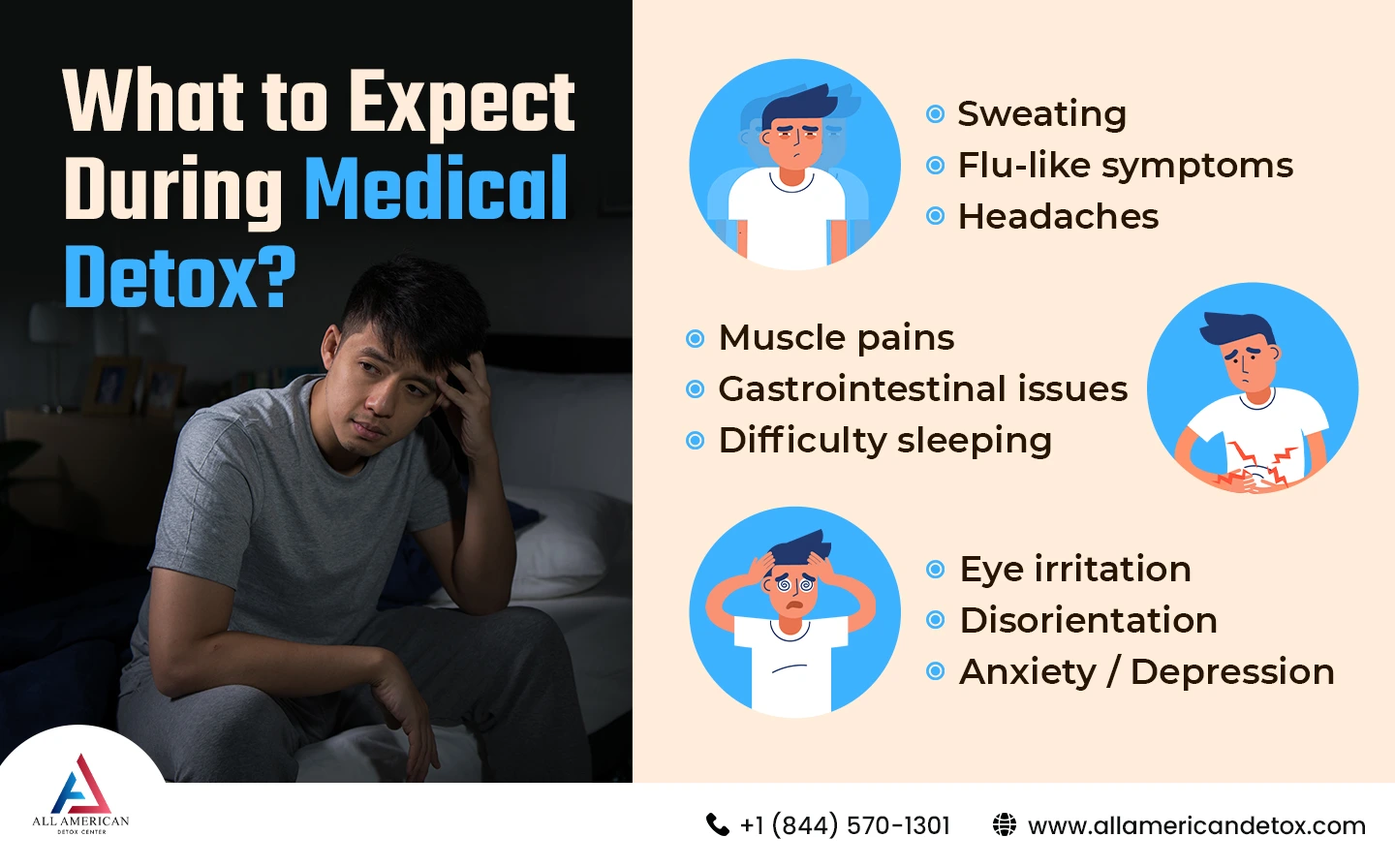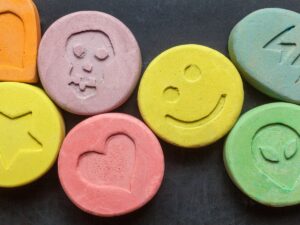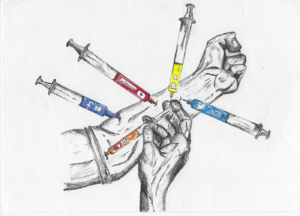The first stage of most addiction treatment plans is detox. This is where you actually break your body’s physical reliance on drugs and/or alcohol and allow yourself to go through withdrawal. Because physical dependency plays such a big role in drug abuse, detox is crucial to moving forward and entering recovery. The medical detox process is not necessarily an easy one, but it can be done when the right steps are taken.
It all starts with having professional help at your side. While it may be tempting for some people to just quit cold turkey or to try detoxing in the comfort of their home, both of these can actually be quite dangerous (much less ineffective). It is important to be monitored by professionals who will help ease you off the substance as smoothly as possible. This is where medical detox comes in.
All American Detox Center Can Help!
At All American Detox, we believe everyone can recover from addiction when given the right treatment and coping tools. Our state-of-the-art facility in Woodland Hills, California offers a variety of programs to suit different needs, including drug detox, residential inpatient treatment, and outpatient treatment.
We also offer ongoing aftercare services to help you maintain sobriety long into the future. When you’re ready to take back control from drug abuse and gain the healthy life you deserve.
What Is Medical Detox?
Medical detox is the clearance of toxic addictive substances from the body under the guidance of a team of licensed medical professionals. Unlike traditional medical detox, which involves cutting the addicted person off from all substances (including standard medication), medical detox acknowledges the dangers of forcing the body to just up and cut off the substance. Trained medical staff members supervise the patient and even administer medication as needed.
Furthermore, any form of detox results in withdrawal symptoms, but more severe symptoms can occur when patients do not have medical intervention. Withdrawal symptoms here can be more than unpleasant — in some cases, the body can even go into shock or cardiac arrest. Medical detox can stop this from happening by easing symptoms more gradually through medication. Naturally, it’s also worth noting that having trained medical staff members on hand can instantly intervene if there are any dangerous physical reactions.
Who Is Medical Detox Recommended For?
Almost anyone who engages in heavy drug abuse and has a strong physical addiction is a candidate for medical detox. With that said, certain kinds of addictions may benefit more than others:
People using any of the following drugs may need medically managed/supervised detox:
- Alcohol – Alcohol withdrawal symptoms can be extreme, and they have been known to be life-threatening in certain cases of long-term heavy use (singer Amy Winehouse is a famous case of a person passing away from alcohol withdrawal). There are several Benefits of Medical Detox for Alcohol Withdrawal
- Benzodiazepines – Benzodiazepines (often seen in the form of Xanax or valium) can result in life-threatening withdrawal symptoms if use is suddenly cut off. It is strongly recommended that people with these kinds of addictions never attempt to detox on their own without medical supervision.
- Heroin and opiate prescription pills – Opiate withdrawal is usually not life-threatening, but symptoms can be painful and extremely uncomfortable.
- Cocaine – Detoxification from cocaine can result in extreme mood swings and may even lead to violent tendencies.
- Methamphetamine – Similar to cocaine withdrawal, detoxification from other stimulants like methamphetamine can lead to mood imbalances that are challenging to manage without medical intervention.
What to Expect During Medical Detox?
The process of detoxification can begin soon after you check-in for your addiction treatment program. You will receive a standard examination from a medical professional who will take your vitals and go over your health history. Depending on the kind of drug abuse and the severity of the addiction, your body will naturally start to exhibit withdrawal symptoms within several hours (though again, the exact amount of time will vary from patient to patient and depends on the addiction).

Withdrawal symptoms can include the following:
- Sweating
- Fever / flu-like symptoms
- Headaches
- Muscle pains
- Gastrointestinal issues
- Insomnia/difficulty sleeping
- Eye irritation
- Confusion / disorientation
- Anxiety/depression
The drug detox center California team will supervise you throughout the process and work to keep you safe and as comfortable as possible. They will also administer medication to help manage your symptoms and keep your detox more gradual rather than abrupt. How long detox lasts will vary greatly between patients, but once it is over, you will be free to move forward into counseling and other important components of addiction recovery.
How Medical Detoxification Leads to Long-Term Sobriety
The likelihood of relapse can be significantly lowered when medical detox is chosen. The body is allowed to move away from physical drug dependency more gradually, letting you gently ease into sobriety. Many patients leave medical detox feeling healthier and better with themselves physically than they have in months or even years, decreasing the urge to start using again.
Another important component of medical detox is the hands-on help that surrounds it. Many people go into addiction treatment reluctant to rely on others for help. But the success of medical detox shows that the best results often come when accepting help from other people. This in turn allows patients to enter into counseling with greater positivity and receptiveness.
You can also read: 5 Benefits of Medical Detox for Alcohol Withdrawal






